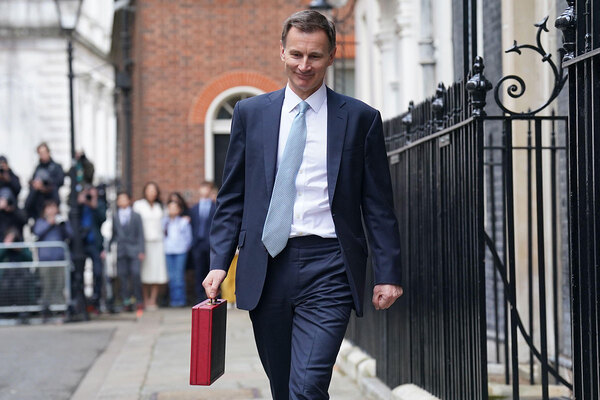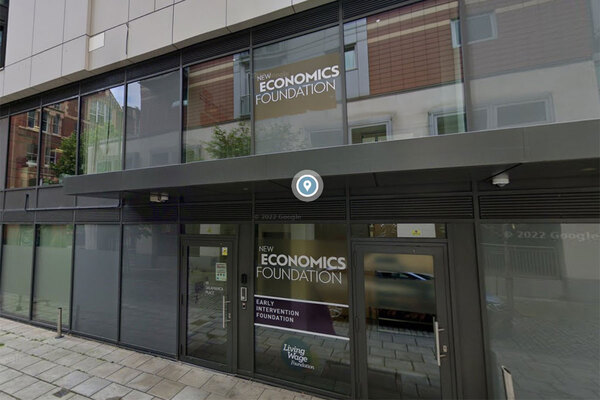You are viewing 1 of your 1 free articles
Tender subject
Liverpool Mutual Homes’ Steve Coffey explains the process for successful procurement


Every pound spent by a social landlord unnecessarily is a pound we can’t spend on our homes, and our tenants. For that reason, it is a shame that our sector is failing to make the best use of procurement, which can both save us money and help deliver our strategic outcomes.
For a long time, housing has been quite a benign sector. In recent years, as the environment we operate in has changed, landlords have launched themselves into commercial activities. But the principles of being efficient and commercial should always have guided what we do.
For that reason, I welcome the regulator’s recent focus on ensuring that landlords deliver value for money. The resources we free up through efficiency savings can be used to deliver more, and better, outcomes for people.
Before I became chief executive of Liverpool Mutual Homes (LMH), my own background was in civil engineering and law, rather than housing. It is the engineer in me that looks at procurement and contractual matters, and thinks: ‘How do we maximise the outcomes?’
Before tendering
As a sector, we are good at the tendering part of procurement, and ticking the boxes that are demanded by EU procurement rules. But as a result, our focus has been on the process, not the outcome.
But the tendering is the ‘bit in the middle’ of a successful procurement exercise. We have been less good at the steps that come before tendering and after it. We have a lot to learn from the private sector about how to carry out procurement in a more strategic way.
What does that mean in practice? Before tendering, it means the soft market research that involves scoping out: what are we looking for? How can we deliver things in a different way? The first step in making the most of any procurement exercise is to begin with clarity of your vision and what you’re trying to do.
When a contract is about to expire, and we need to go out to tender again, this is a good time to reassess, and look beyond what has been done before to see if we can do something differently, or better. Rather than pulling out the tender we wrote five years ago, changing the dates and putting it back out again, can we get a better outcome, either in money saved or social value outcomes?
Part of this involves using data and intelligence on what the organisation is spending, in order to understand what to focus on. Concentrating on ‘big ticket’ items is also important - rather than a one size fits all approach across everything that is purchased.
When LMH was established in 2008 with a stock transfer from Liverpool City Council, we had a £400m investment programme of improvements to our stock to deliver. Because that programme wasn’t so large, it was clear that it was the first thing we needed to focus on in terms of procurement.
Post tendering
After tendering comes the project management, which means monitoring the contracts once they’ve been awarded, and an uncompromising focus on ensuring that contractors deliver what they promised to.
This is essential to save money and stop ‘leakage’. If you don’t monitor the contract properly to ensure you are getting what you pay for, you risk being seen as a soft client and treated appropriately.
For example, in a works contract that requires the contractor to employ a certain number of apprentices, it pays to examine this in detail. It’s not unknown for some contractors to have the same half a dozen apprentices who are supposed to be working for three different housing associations. That doesn’t deliver the outcome - employment opportunities - that you want. Those softer outcomes need to be monitored really effectively.
We can copy and learn from how the private sector does procurement. The thing that sets us apart from private business is how we use the dividends that can be achieved.
In the private sector, if businesses make profits, those profits might well go towards buying a new boat. In our sector, if we do things better, we can generate resources that we can plough into fulfilling our social purpose.
Even in this area of social purpose, we can learn to use procurement in a smarter way to achieve what we want.
Think smarter
The way that some social landlords have approached the Social Value Act is a case in point. Often, there seems to be a tendency to try and shoehorn social value into every contract.
This might be the right thing to do in some cases - but in other cases, the objective would be better achieved by making the contract as efficient as possible, and using the savings to fulfil our social purpose.
To give one example, in recent years procurement levies have been popular among some housing associations. Under these types of contracts, say 1% of spending with the supplier was given back to the housing association to fund social value activities.
On the face of it, that arrangement sounds great. For every £100 the landlord spends with the contractor, they get £1 back to spend. But in fact it is an example of how the best intentions of our sector don’t always deliver.
Because of VAT charged to contracts, what that meant in practice was that the association was spending about £1.20 to get £1 back. Instead, the associations could simply have ring-fenced the savings from a more efficient contract to be spent on social value activities.
Some great people work in procurement in our sector. But until recently, procurement has not been high enough up the agenda.
The recent pressures brought about by welfare reforms are changing this, because anything that can save money and create efficiencies has jumped to the top of the agenda. But there is still a way to go in putting strategic thinking in procurement on the radar of chief executives and boards.
Procurement practitioners may need to make that case to senior people within their organisations.
We need to pick up the pace. Nothing is stopping the sector from doing that.
Steve Coffey is chief executive of Liverpool Mutual Homes, and chair of the advisory board of Procurement for Housing








